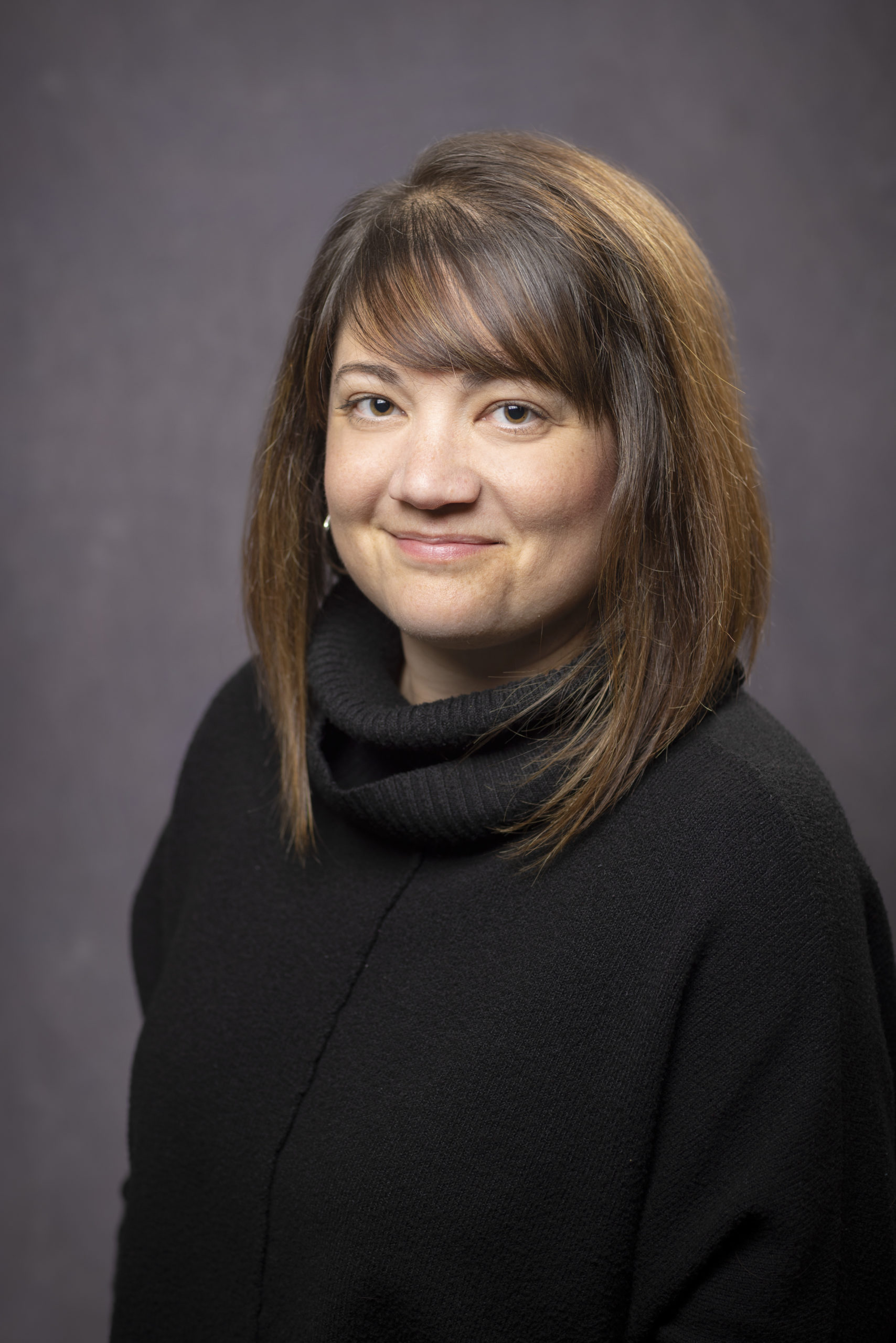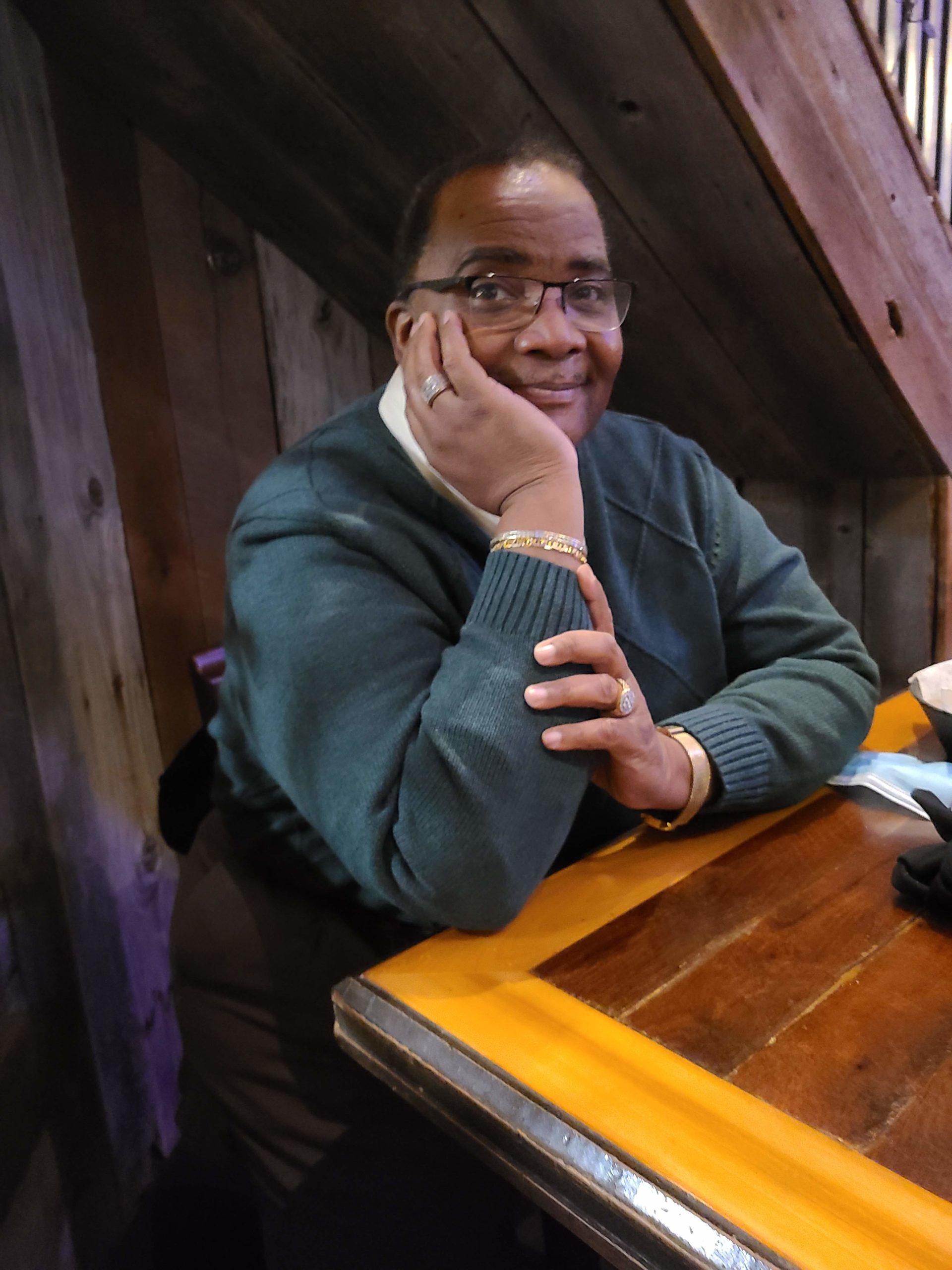Room Wingate 60-61
Speaker(s):
Description
Dr. Robert J. Meyers and Jane Ellen Smith’s CRAFT (Community Reinforcement and Family Training) has long-been known for its positive outcome measures when executed in individual and family settings as it pertains. We, at IMF Counseling in mid-Missouri, have been offering and facilitating the CRAFT approach in a group setting for the past three years with excellent results.
Mimicking a family system, the CRAFT approach is easily adaptable to a group therapy setting, providing not only education and behavioral strategies for loved ones, but real-time support to participants; this increases the quality of life for all involved.
This presentation will equip learners with tools, anecdotal examples, and a shortened mock group session so they can better facilitate the CRAFT model in their respective settings.
Objectives
-
- Identify the three main goals of the CRAFT model
- Practice the differences in executing CRAFT strategies in a group setting vs. individual therapy
- Connect with other participants around the strengths and weaknesses of group therapy in general




